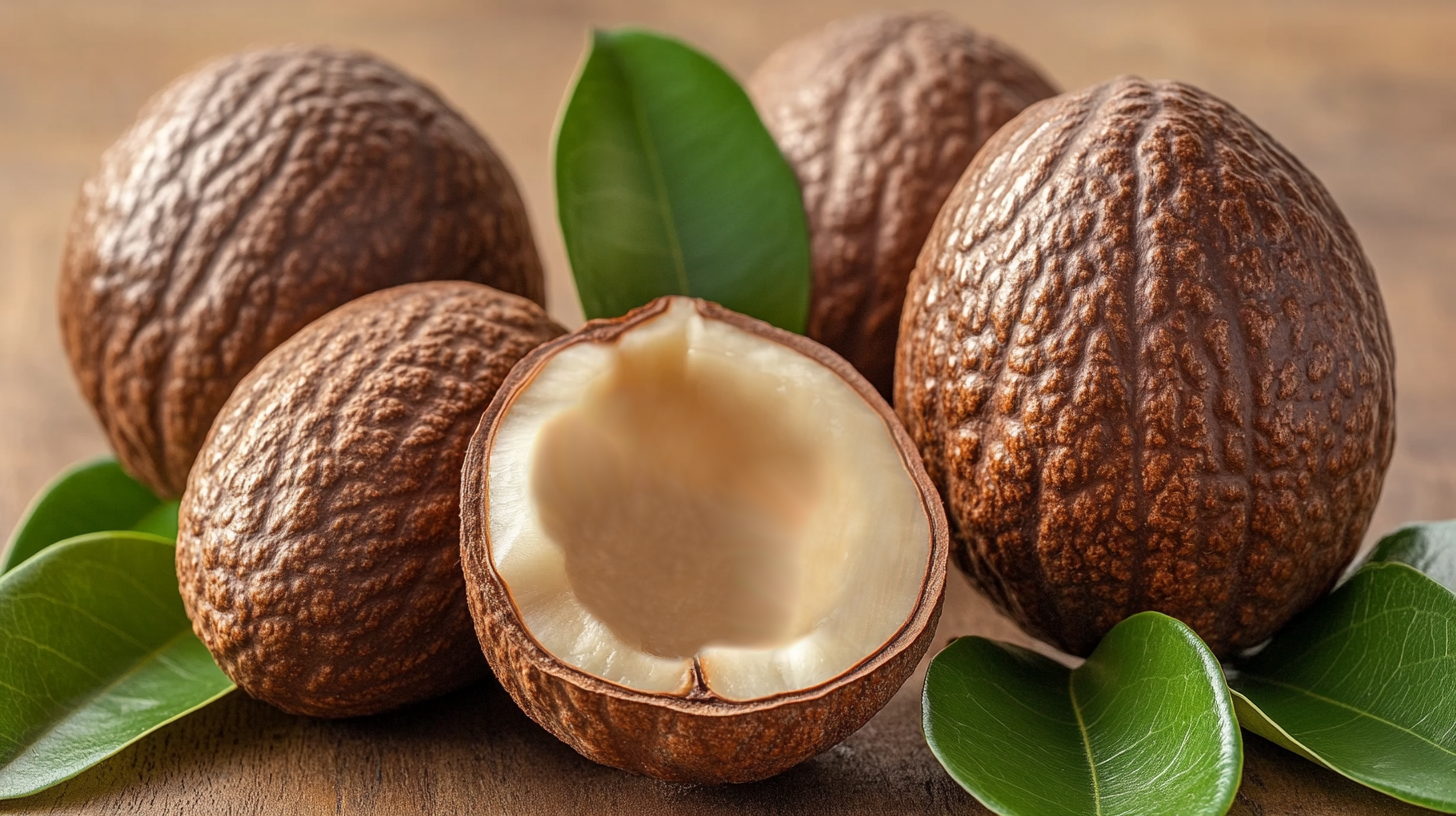Hippocrates said that food should be the medicine. And as for today, what can manufacturers do? The Fat and Oil Division of GC EFKO held an inter-sectoral forum on modern technologies and trends that are changing the food industry so as products deliver value to consumer health. It was a big event in the field of food ingredients, that gathered different scientists, entrepreneurs, experts and technologists.
The expression of the ancient scientist conceals a deep wisdom. The number of such diseases as obesity, diabetes, heart and vascular diseases is growing every year in Russia. Food is one of the main causes. It’s time to join forces: the food industry, business and nutrition science.
Neuronutritiology is already changing the market. It is a name of a new science that studies how food affects the human nervous system. As a result, a trend for brain health products and their global market is estimated at $ 18.1 billion. Dark chocolate with the L-theanine, an ingredient that acts as a relaxing agent, is all that you need to reduce stress and tension after a working day. One more option is playing with the product textures. It turns out that it affects emotions. For example, crunchy cookies help relieve tension, and creamy yogurt-like textures help relieve anxiety.
One of the main innovations of the industry is sweet proteins. It is a new and safe alternative to sugar, an excess of which leads to many health risks from excess weight and diabetes to premature aging. For a long time, scientists have been looking for alternatives that had a negative impact on health in some way. Safety of sweet proteins has already been scientifically proven. They were derived from wild-harvested tropical fruits. They are several thousand times sweeter than regular sugar and do not increase blood glucose levels. The only difficulty was that the content of sweet protein in plants is so low that it is simply economically unprofitable to obtain. EFKO has developed its own technology for sweet proteins together with research teams led by members of the Russian Academy of Sciences. A microbiological method, that involve recreation from water and yeast under controlled conditions, is used to produce sweet proteins.
Sweet protein has already been certified in the territory of the Eurasian Economic Union. This means that the product is proven safe and meets all the requirements for food ingredients. Sweet protein can be used in the production of a number of desserts and other products.
“Sugar acts as a structure-forming agent and preservative, so it is used in large quantities today”, said Tatyana Savenkova, Doctor of Technical Sciences, Professor, President of the Food Ingredients Producers Union, Director of the Research Institute of Quality, Safety and Technology of Specialized Food Products of the Plekhanov Russian University of Economics – And to give products a traditional taste, it is necessary to replace sugar with an equivalent alternative. The sweet protein obtained by a biotechnological method gives manufacturers a unique opportunity for making new sugar-free confectionery products, keeping a sweet taste at the same time, as well helps enter the healthy product segment.”
During the most delicious part of the seminar – the tasting event – the participants tasted sweets with sweet protein – grillage-like sweets with nuts and dried fruits, sweets with raspberries, almonds and coconut. There was no big difference between their taste and the taste of sweets with ordinary sugar.
In general, confectionery products are often called unhealthy, but it is not like that. It’s all about quantity. Moreover, confectioners work hard to solve two issues at a time: how to make the product healthy and safe and to please the consumer’s taste. For this purpose, innovations based on natural ingredients are used, for example, exotic vegetable oils.
“This year another pride of the company is the launch of a line of filling fats with exotic oils, specifically with shea butter. Today, during the tasting event, we presented sweets “Caramel milk” with confectionery fat “Ecomix 4003-30”, it gives the filling a delicate semi-solid consistency. Shea butter allows to deliver taste and aroma as much as possible,” notes EFKO’s food engineer Natalia Khabarova.
Sweets are not the only product that producers strive to make more natural and healthier.
Today, the fast food market is growing both in Russia and abroad, so one of EFKO’s promising areas is the development of a line of frying fats, which have significant advantages in comparison with conventional vegetable oils.
When food is deep-fried for a long time, the oil quality changes: oil is getting dark, its smell changes for a sharp unpleasant one, it acquires a bitter taste, and harmful substances are generated. Our company has developed frying oils the use of which help avoid these problems and make the product completely safe for the consumer. Frying fats from GC EFKO’s range help to achieve a crispy golden crust, deliver the taste and aroma to the fullest extent.
The experts also considered the ingredients for the dairy industry from an unexpected angle. One of the current issues in nutrition science is the human microbiome. These are microorganisms that live on all surfaces of our body and inside it. Their number is estimated in trillions. The microbiome composition affects health and the development of many diseases. It turns out that milk fat replacers which are compositions of vegetable oils that are used in the food industry instead of conventional milk fat, can be beneficial.
“We conducted a number of studies at Moscow State University,” explained Oleg Stefanovich Medvedev, Head of the Department of Pharmacology at the Faculty of Fundamental Medicine, Professor at Moscow State University. – Milk fat replacers have advantages over conventional butter. This advantage results in improving protection against oxidative stress. This is the cause of many non-communicable, cardiovascular diseases. First of all, the healthy effect is related to the composition of milk fat replacer that contains components of plant origin."
Food is not just fuel, it is a great way to take care of your health, improve the quality and life expectancy. Only an open dialogue between business, technology and science can help create a roadmap for the food industry development. “First of all, our event is an expert platform where the largest players in the leading food industries gather,” noted Natalia Danshina, Deputy Director of the Oil and Fat Division for Margarine Products at GC EFKO. “In addition, there are favorable conditions to discuss trends and define vectors for further joint development. We are very pleased to share with our clients the experience we have accumulated over many years. We are happy to help them improve their existing product lines and create new flavours.”
Our partners shared their views.
“In conditions of turbulence, we see a great lack of mutual communication, enrichment, sharing new information, because each of us, working on-site, solves complex current production problems. Sometimes you need to stop for a while and look at the market situation from a different angle, - said Olga Muravyova, General Director, OOO Confectionery Factory POBEDA. - Today we tasted exactly those products that will become our new direction, we are building a new production site and plan to produce bakery products there, so during the tasting it was very interesting to try new recipes. There were a lot of interesting flavors and we have already got some ideas about how to use them.”
“Some unexpected issues, including the connection between brain function and food choices surprised us. This greatly broadens our horizons and it is useful for understanding and building our own strategies,” shared Mikhail Varganov, Director, SPARTA-EXPORT LLC.
“As always, a very useful meeting. It is very important for us that you show us trends, it helps us create new products. During the forum we noted that consumers more often choose products with carbohydrates and fats. During the tasting event, the chocolate cookies with exactly this combination were very tasty. “We need to consider its launch,” says Yuri Kane, head of the technological development for the “Magnit” retailer chain’s own production.
“Today we talked more about the market instead of the confectionery. Although this market was directly or indirectly related with our sweet, or bakery, or dairy business. The market is changing, and so are consumer needs. Today everything was great, “a la EFKO-style” – Dmitry Zhirnov, Deputy General Director, AG JSC “ESSEN PRODUCTION”.



